Japanese Culture and Traditions– category –
-
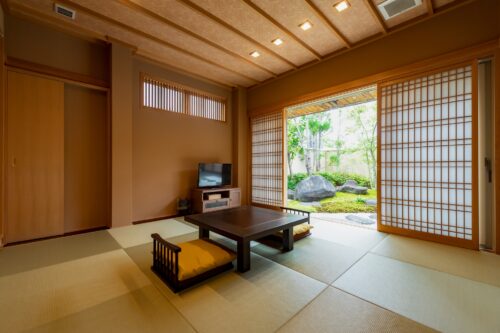
Why Japanese People Sit on the Floor Not on a Chair?
Why Japanese people sit on the floor not on a chair or a sofa? It's for making full use of a limited space in a house smaller than the global standard. Even if you live in a huge house, it's not that bad to stay on the floor for more relax. Let me share one of the Japanese wisdoms of life. -
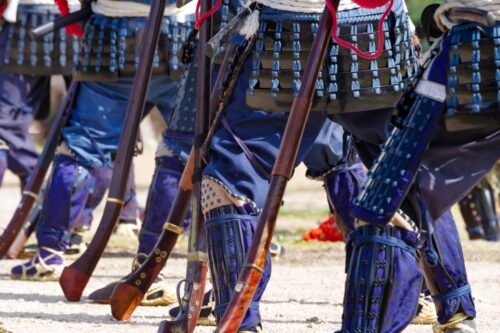
Why Guns Spread Quickly Among Samurai During Japan’s Warring States
【Craftsmanship commonly seen in Japanese swords and rifles】 In 1543, Portuguese merchants introduced rifles to Japan. They expected firearms to be one of their hot exports to Japan in the future but soon found that their plan had faile... -
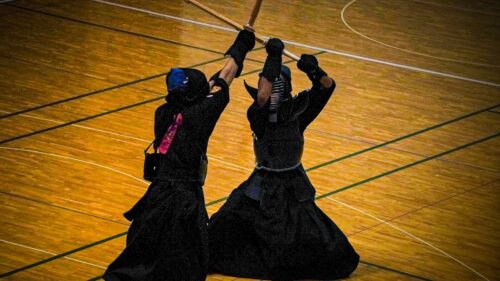
Why Kendo Doesn’t Become an Olympic Sport
Did you know that Kendo was not a sport but a way of life? In the Tokyo Olympics 2020, Shohei Ohno, winning a gold medal in the 73 kg competition of Judo, has reminded me of the fact that Judo was not a sport before. He never raised his fist or even smiled after winning matches in order to show his respect and consideration to opponents. -

What Makes Japanese Castles Different from European Castles?
The main purpose of building castles is the same in Japan and European countries: Defense against enemies, but there are many differences in material, structure, etc. between them. They arise from the difference in the characters of the wars between Japan and European countries. -
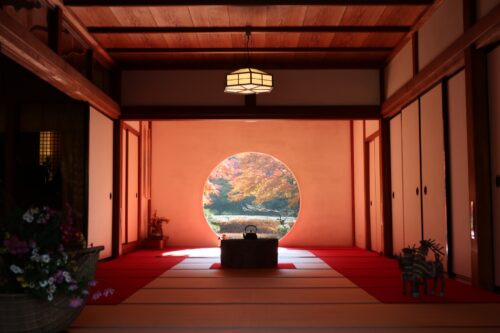
The Science of Metal in the Best Samurai Period
Samurai governed Japan for about 700 years, from 1185 to 1867. The age of samurai is divided into some periods. According to a popular theory, samurais in the first period (the Kamakura period, from 1185 to 1333) are believed to be strongest and bravest. It is said that "You look like a Kamakura samurai" was the best praising words for samurais even in the last days of the samurai age. -

What Is Life in a Humane Manner?
【The COVID, the one-way time machine】 The COVID is sometimes called "a time machine." Remote work is a good example. I think most of the companies at least in Japan just pretended to take a positive attitude but actually were not so se... -
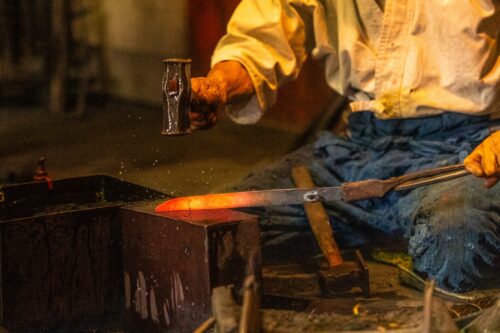
The Anatomy of Japanese Craftspeople of Swordsmith and Furniture
【Something in common between Japanese knives and furniture】 Just before entering the furniture business, I worked in the fishery industry and often took overseas clients to the biggest fish market in Tokyo. It was now-closed Tsukiji ma... -

Can you hear the voice of insects? We Still Use the Art of Ninja in Japan.
A Japanese professor visited Cuba for a medical conference. When someone threw a presentation, he couldn't focus because the sound of insects was too loud. In the meanwhile, he got interested and asked a man sitting next to him about the insects. Surprisingly, the man answered he didn't hear anything. -
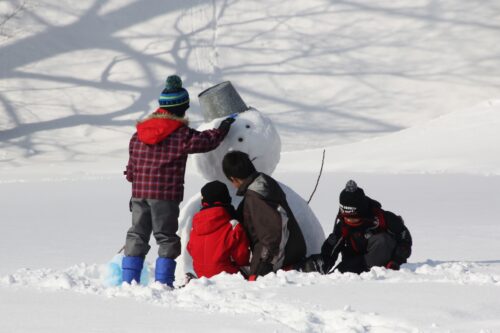
The Characteristics of People in Hokkaido, the Last Frontier of Japan
The most popular sport in Japan is still baseball. Every summer, the Japan national high school baseball championship takes place by the teams going through the elimination tournaments held in all the 47 prefectures. Hokkaido representative teams were always weak and lost in the first round of the championship in most cases. -
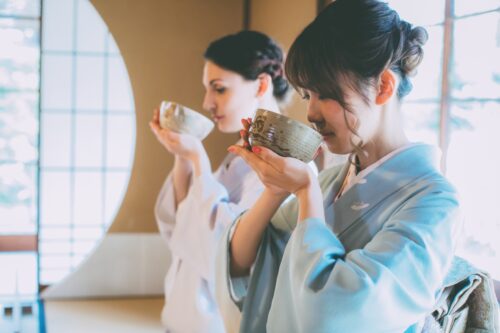
What Is the Core Meaning of Japanese Zen
【Sado, the Japanese tea ceremony】 Have you ever experienced a Japanese tea ceremony? Me? Never, though I've been Japanese since I was born. The most notable feature is its beauty of style. In a nutshell, it's just a ceremony where a ho...
